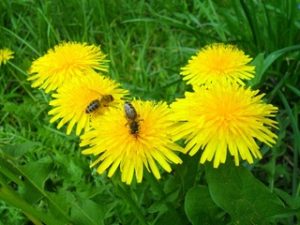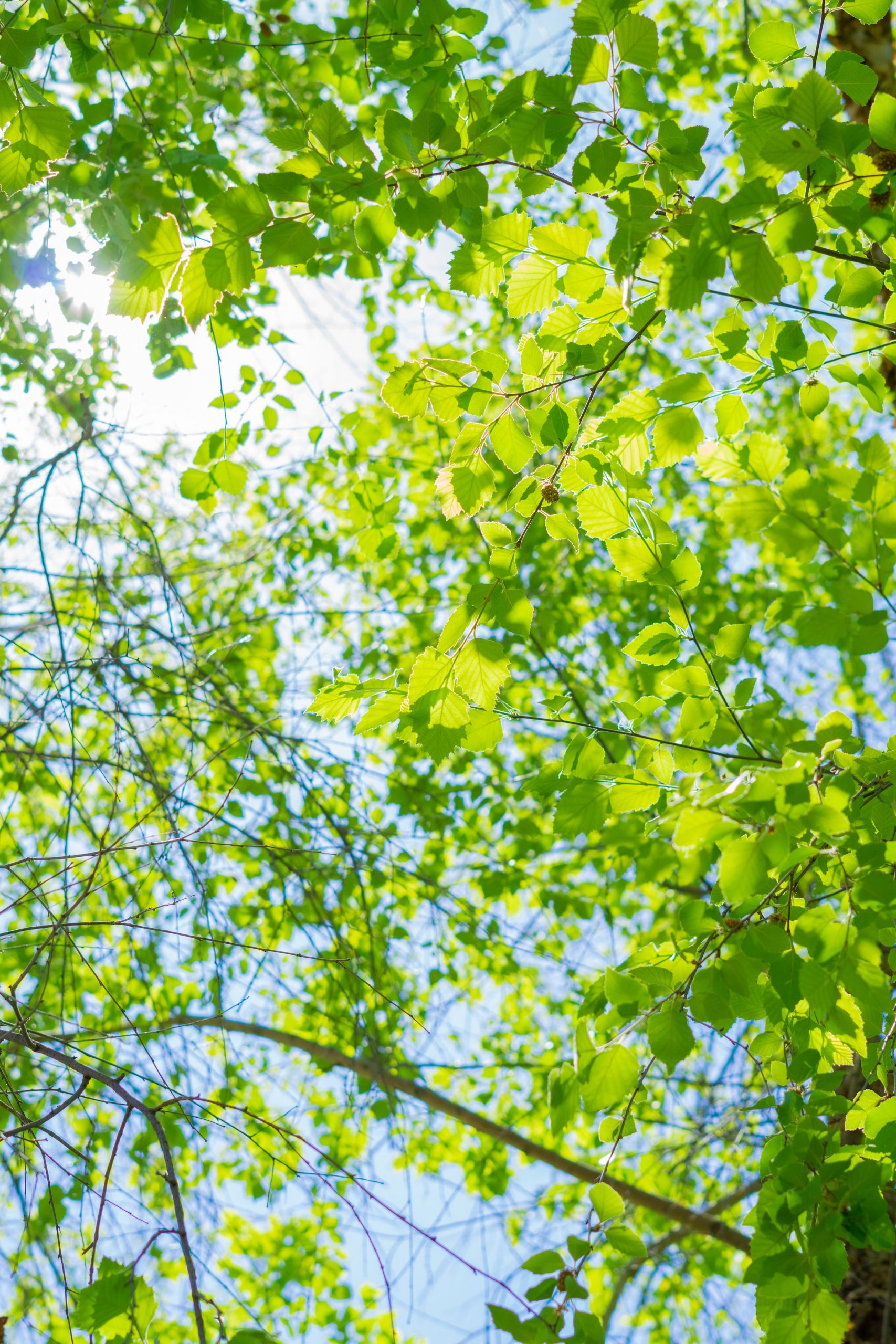Sustainable Lawn and Landscape Care
Looking for more sustainable ways to care for your lawn and landscaping?
It’s hard to maintain a perfect lawn without pesticides and herbicides but small adjustments are easy and can eliminate or reduce your use of herbicides/pesticides while building a landscape more hospitable for birds and insects and a cleaner water supply. Consider these tips:
- Reduce your lawn. Minimize your lawn to the size you feel meets your needs and design. Lawns are challenging to keep weed-free and not hospitable to native insects. Replace lawn areas with native groundcovers, trees, shrubs, or perennial flower beds. Check out these local organizations who will help you with information on how to get started:
- Leave Your Dandelions. Yes, dandelions are beneficial pollinator plants. But you might not want them in your lawn. Here are a few methods for controlling dandelions:
- Cut off dandelion flowers in the spring to prevent them from spreading.
- In the fall, hand dig dandelions by wedging a garden shovel into the soil 4-5 inches below the surface along the tap root while pulling the dandelion leaves. Fill the fresh holes with soil and cover with grass seed, or fill with a natural pre-emergent herbicide such as corn gluten.
- Right after heavy rainfall is the best time to remove weeds. You’re more likely to eliminate the tap root when the soil is moist and soft.
- Smother dandelion leaves with mulch to starve the plant of light.
- Leave Grass Longer and Leave the Cuttings. Mow grass with a sharp blade and let grow longer (3-4 inches). Taller grass helps keep out unwanted plants. NJ DEP recommends leaving grass clippings on the lawn since grass clippings provide a natural and healthy fertilizer for a growing lawn. By cutting the grass at a higher level and leaving the clippings on the lawn you’ll use less water, fertilizer, and pesticides.
- Fertilize & Mulch. Natural organic fertilizers and composts help grow healthier plants and lawns crowd out unwanted weeds. Mulch in garden beds represses weeds without herbicides.
- Compost Yard Waste. Composting yard debris produces healthy soil and reduces landfill waste. Small branches, hedge trimmings, leaves and grass clippings can be composted in your own backyard or by placing the brush in brown paper bags and placing them on the curb for pick-up. See our page about Composting for more tips.
- Hopewell Borough Department of Public Works picks up the brown bags on Mondays and Tuesdays throughout the growing season. More information here.
- Hopewell Township’s website provides detailed information about curbside leaf collection; curbside brush collection; Christmas trees.
- Pennington Borough spells out their yard waste, leaf and brush collection rules & schedule in this brochure (2025).

Photo © Alesia660 | Dreamstime.com ID 152478341
More Information:
- Rutgers Extension Unit publications: Organic Land Care Best Management Practices; Backyard Leaf Composting
- Jersey-Friendly Yards: Landscaping for a Healthy Environment
- “You Bet Your Garden” with Mike McGrath: https://www.wdiy.org/podcast/you-bet-your-garden
- Eco-Friendly Gardening Tips: https://www.ucsusa.org/resources/climate-friendly-gardener
